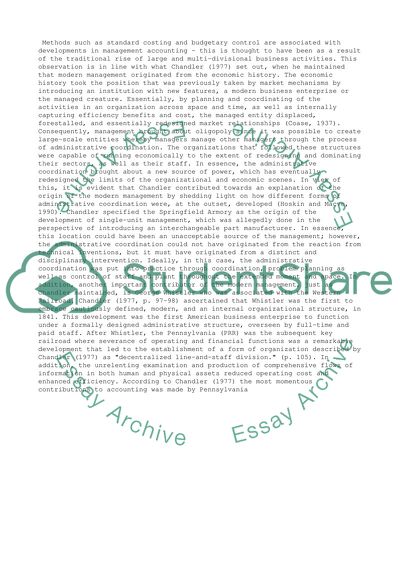Cite this document
(“Management accounting Essay Example | Topics and Well Written Essays - 1500 words - 1”, n.d.)
Management accounting Essay Example | Topics and Well Written Essays - 1500 words - 1. Retrieved from https://studentshare.org/management/1463347-management-accounting
Management accounting Essay Example | Topics and Well Written Essays - 1500 words - 1. Retrieved from https://studentshare.org/management/1463347-management-accounting
(Management Accounting Essay Example | Topics and Well Written Essays - 1500 Words - 1)
Management Accounting Essay Example | Topics and Well Written Essays - 1500 Words - 1. https://studentshare.org/management/1463347-management-accounting.
Management Accounting Essay Example | Topics and Well Written Essays - 1500 Words - 1. https://studentshare.org/management/1463347-management-accounting.
“Management Accounting Essay Example | Topics and Well Written Essays - 1500 Words - 1”, n.d. https://studentshare.org/management/1463347-management-accounting.


